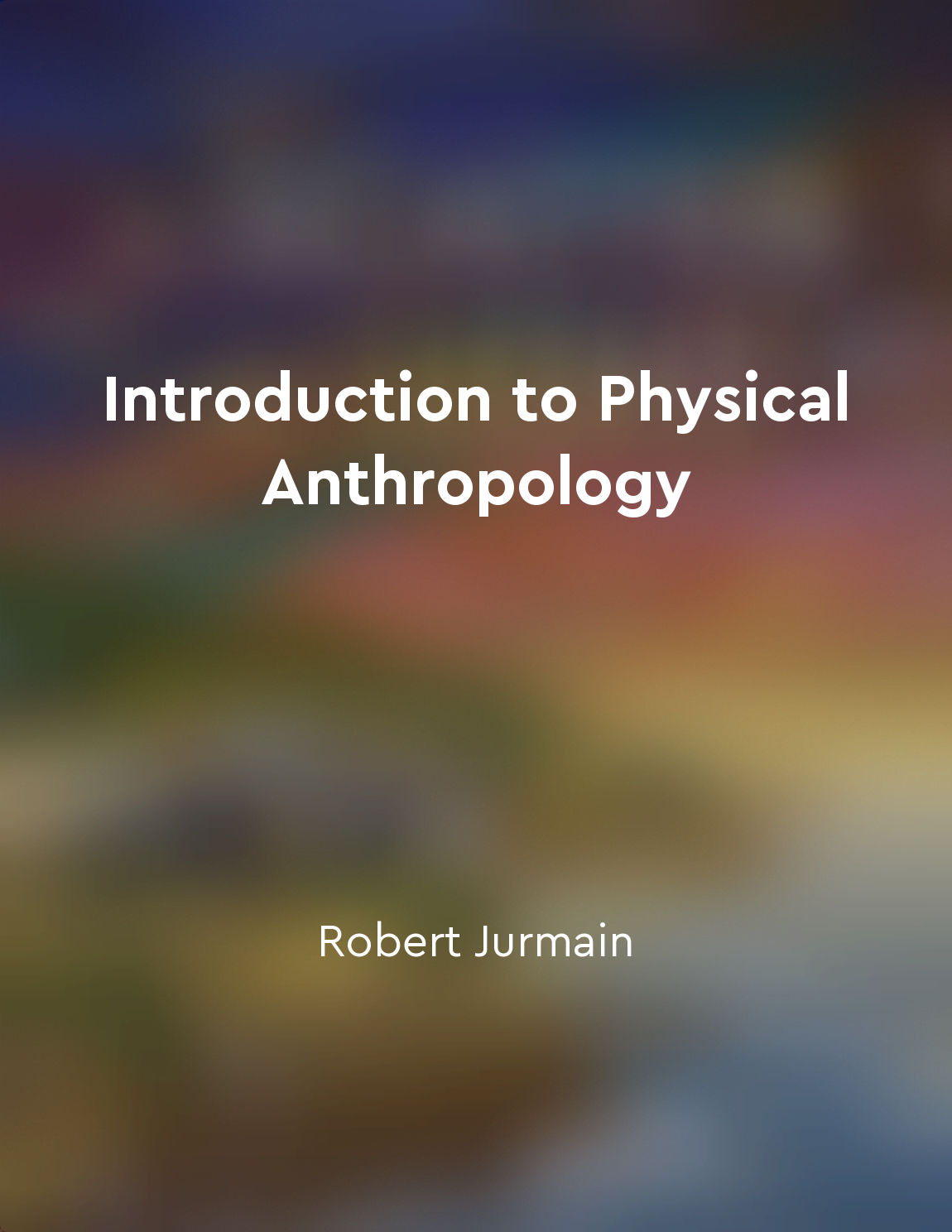Human instincts have both biological and cultural components from "summary" of The Human Instinct by Kenneth R. Miller
The idea that human instincts have both biological and cultural components helps us understand how our behavior is shaped by a complex interplay between our genetic makeup and our environment. Our biological instincts, which are inherited through our genes, provide a foundation for our behavior. These instincts are the result of millions of years of evolution, during which our ancestors developed certain predispositions that helped them survive and reproduce in their environments. However, our cultural instincts, which are shaped by the societies in which we live, also play a crucial role in determining how we behave. These cultural ins...Similar Posts
Natural selection is a blind and indifferent process
Natural selection is a blind and indifferent process, devoid of any intention or foresight. It does not have a goal or purpose ...

The concept of race is a social construct with no biological basis
Race is a concept that has been deeply ingrained in society for centuries. It is often used to categorize and differentiate peo...
Historical constraints shape the course of evolution
The course of evolution is not a straight path, but rather a winding journey shaped by historical constraints that influence th...
Collective consciousness shapes societal norms
The collective consciousness of a society is a powerful force that shapes the norms and values that govern human behavior. Thes...
Cultural practices reflect beliefs
Cultural practices are not arbitrary customs that exist in isolation. They are deeply rooted in the beliefs and values of a soc...

Competition for resources and mates has shaped human behavior
Competition for resources and mates has been a driving force in shaping human behavior throughout our evolutionary history. Fro...
Symbiotic relationships can benefit gene transmission
In the fierce world of natural selection, genes are constantly competing to be passed on to the next generation. One way in whi...
The impact of technology on human evolution
Technology has played a pivotal role in the evolution of humankind. It has been a driving force in shaping the development of o...
Constraints can lead to more creativity in decisionmaking
Constraints are often seen as limitations that hinder our ability to make creative decisions. However, paradoxically, constrain...
Humans have a unique capacity for collaborative activities
Humans have a unique capacity for collaborative activities that sets them apart from other species. From early childhood, human...
